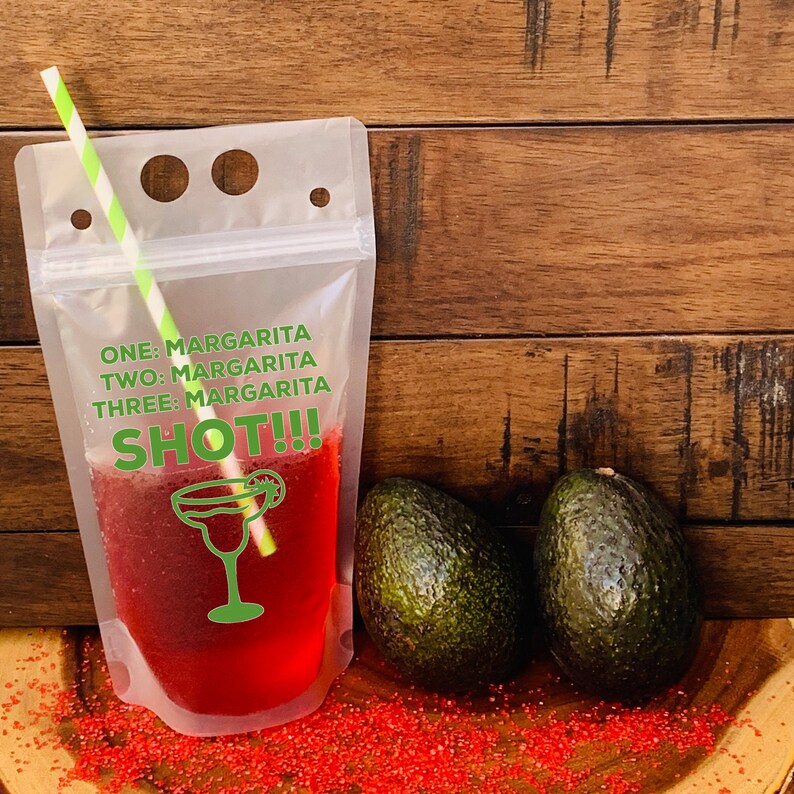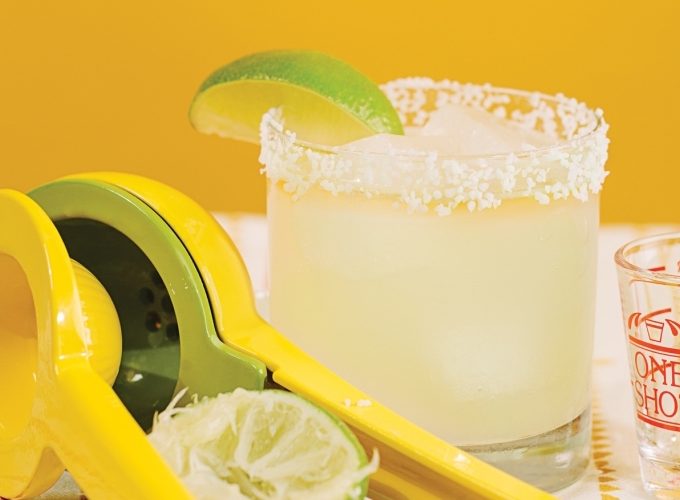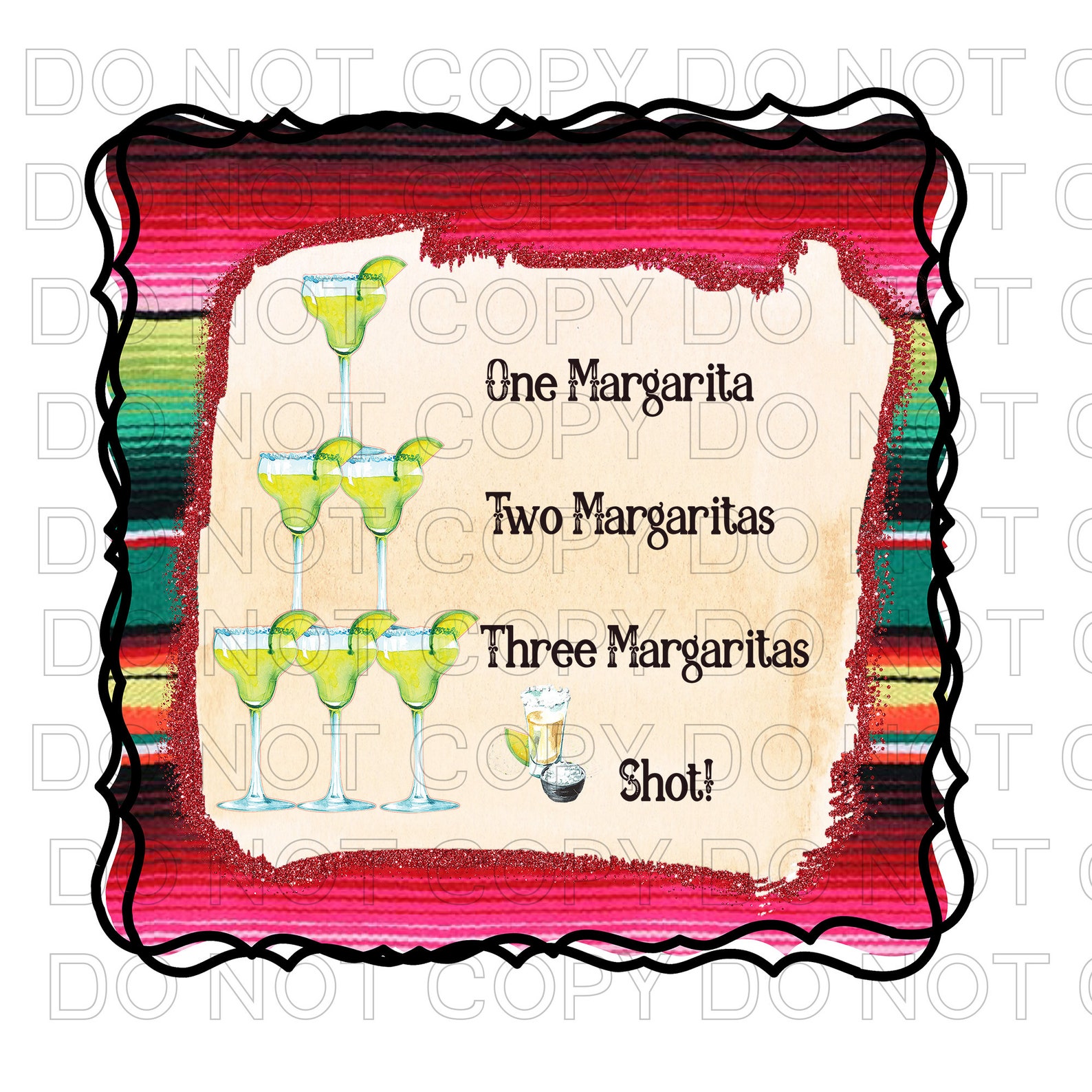

(“If I wasn’t married, honey,” she tells me over Zoom, “I would be deep in that ho phase right now.”) As “One Margarita” has spread, she’s been delighted to see that people of all genders and all sexualities have made lip syncs to her song. Moore, by her own admission, never had a “ho phase.” But she understands why someone would, and she wanted to shift focus from the abstinence messages in the original viral video.

What the technology can’t do, without very specific human inputs, is make a viral sound that speaks to the moment of sexual moral panic the world seems to be in right now. But most of its inspirations, the sounds these models learn from, come from the past. Yes, AI can mimic Drake or allow producers to create songs where Grimes sings (pretty much) anything. As Amos Barshad noted earlier this week on WIRED, AI tools could usher in a whole new genre of music-they could also usher in a genre of very boring, predictable tunes.

This comes to mind because when I’m not scrolling TikTok, I’m thinking about generative AI. And while songs about sex and booze are far from unique to this particular time, nearly everything else about “One Margarita” is. They’re about capturing the energy of the moment. Even if Lizzo is wrong and it isn’t the song of summer, it still speaks to the spontaneity that crystallizes certain tracks as the anthems of a season. On June 1, Moore, Terrell, and Dixon released an official version of the song on Apple Music and Spotify.


 0 kommentar(er)
0 kommentar(er)
